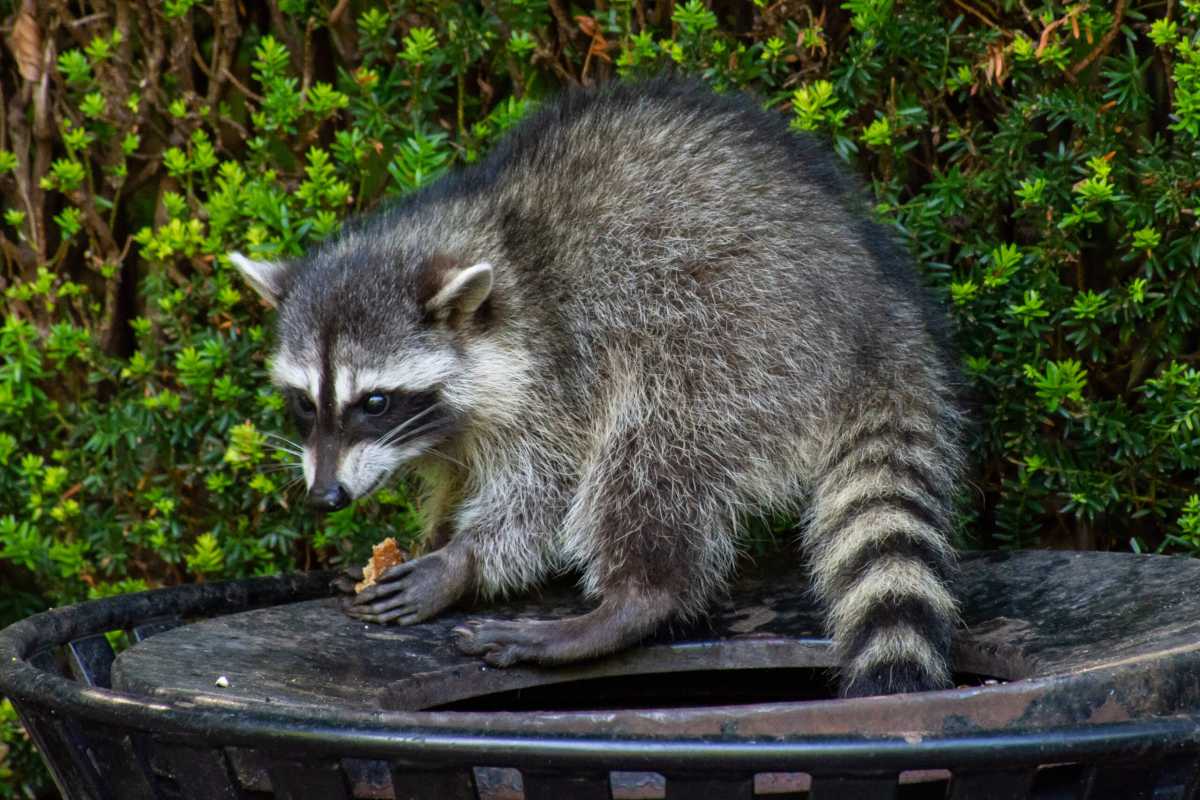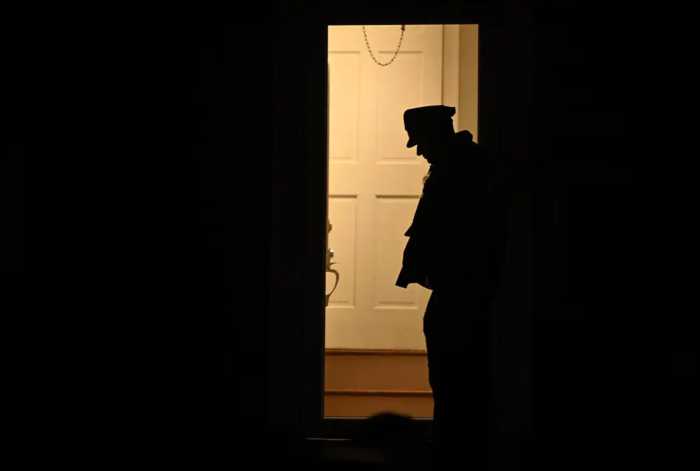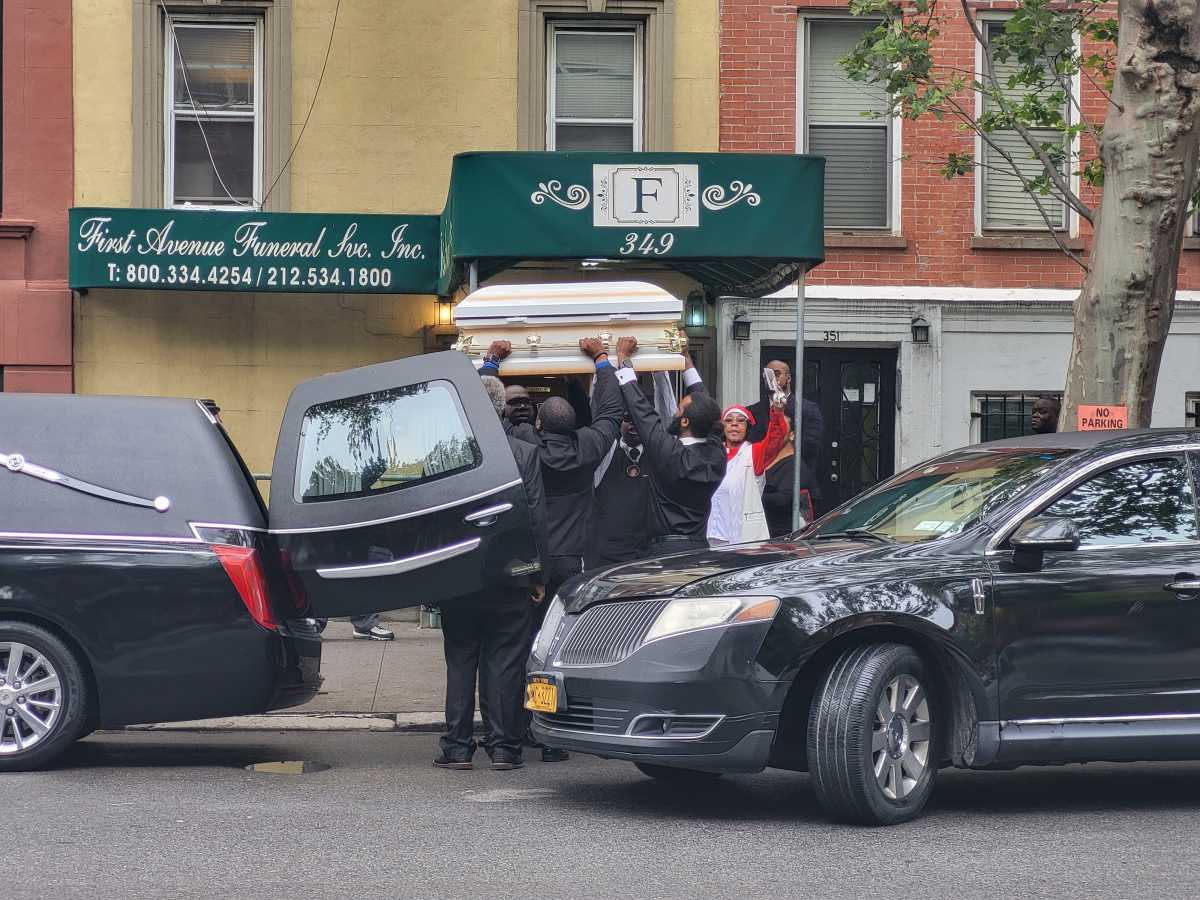The Health Department along with New York City Parks will begin to vaccinate raccoons against rabies across all five boroughs in an effort to protect New Yorkers and their pets from the virus.
The program, which starts Sept 12 and will extend through October, will see wildlife biologists with the United States Department of Agriculture (USDA) distribute individual bait packs which contain an oral rabies vaccine in wooded areas in Brooklyn, Queens, the Bronx and Manhattan while also using a helicopter to deploy bait on Staten Island in early to mid-October.
“Rabies is a serious disease that can affect humans and our pets,” said Health Commissioner Ashwin Vasan in a statement Sept 9. “New Yorkers should make sure their pets are up to date on rabies vaccinations and maintain distance from wildlife. If you see an animal you believe to be acting strangely, please call 311.”
Baits are commonly distributed by the USDA and numerous state and local partners in an effort to curb infection. The bait itself is fish scented and resembles a ketchup packet, containing a small amount of pink liquid which attracts wildlife like raccoons.The raccoons then chew on the packets and a dose is administered.
The baits are non toxic and do not harm people or animals, however, in rare cases the liquid can cause a rash on the skin. If you come into contact with the liquid you should immediately wash your hands with warm soapy water and speak with your doctor just in case.
If your animal ingests the liquid, they may vomit if they’ve eaten multiple packets. You should also take your animal to the veterinarian just to be safe.
“While coming into contact with a rabid raccoon is very rare, raccoons are residents of our city, and New Yorkers should be advised — if you see a raccoon, give them space, and never approach or try to feed them,” said Sarah Aucoin, Chief of Education & Wildlife for NYC Parks. “We are proud to partner with the Department of Health and USDA as we take this preventative measure to launch this vaccination effort to encourage healthier wildlife in our parks.”
In NYC rabies is most commonly found in raccoons and the virus is spread through bites from an infected animal. If a person or pet does not receive the appropriate medical care after a potential rabies exposure, the virus can cause disease in the brain, ultimately resulting in death.
So far in 2022, 18 animals have tested positive for rabies. Rabies can be prevented by vaccinating pets, staying away from wildlife, and seeking medical care after potential exposures before symptoms start.
More information about rabies can be found here.

































